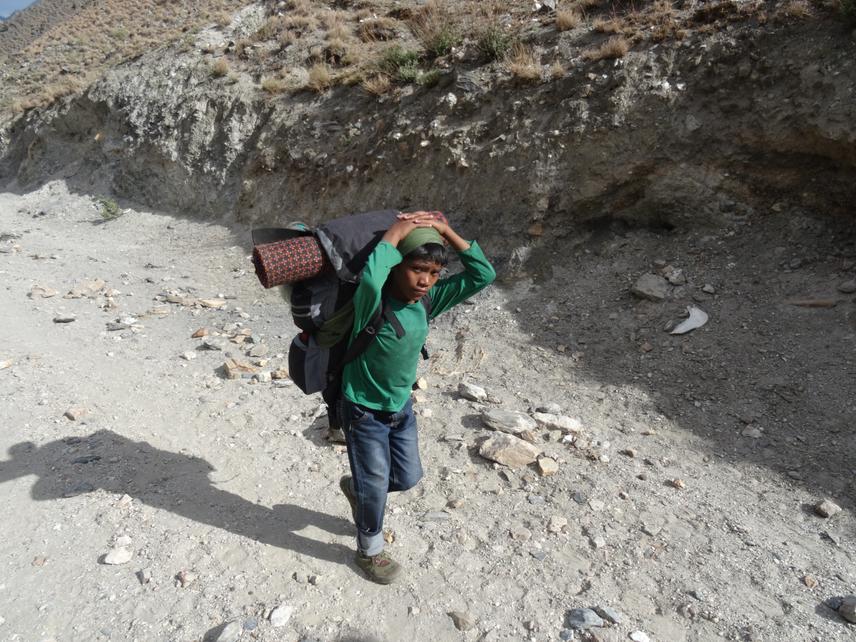Suraj Upadhaya
Other projects
19 Nov 2019
Cordyceps, Mountains, Market, and People: Understanding Challenges in Conservation and Sustainable Trade of Cordyceps in Nepal
22 Jun 2023
Conflict in the Paradise: Balancing Conservation and Cordyceps-Based Livelihoods in the Himalayas
This study will document the ecological and socio-economic impacts to high altitude ecosystems and livelihoods through practices of Cordyceps harvesters. Furthermore, this study will examine the Cordyceps collection and management practices at the local level, trade route and community-based management approaches as well as traditional and indigenous management practices.

Cordyceps harvester.
The caterpillar mushroom (Ophiocordyceps sinensis) is an endemic species of high altitude ecosystems. It is one of the world’s highly paid medicinal herbs which plays a significant role in the local and national economy. Annually, thousands of people from different parts of Nepal travel to high altitude areas of Dolpa for mushrooms harvesting which has resulted in threats to it, which ended with the decline of its production over the years. The lure of easy money has resulted in the unsustainable harvesting of the species which has led to a sharp decline in its production and also the movement of people has possessed a high threat to fragile high altitude ecosystem.
Sustainable management of this valuable product has a direct link with the livelihoods of local people of mountain districts. Shrestha and Bawa (2013) reported that high trade has direct impacts on the population of Cordyceps, but no studies have been done on the effects of ecological and economic impacts of Cordyceps collection at the local level. In Dolpa region of Nepal, it is necessary to understand the economic and ecological impacts of harvesting to ensure sustainable production of Cordyceps. This study will document the ecological and socio-economic impacts to high altitude ecosystems and livelihoods through practices of Cordyceps collectors. It will investigate and model the impact of Cordyceps collection on the high-altitude ecology as well as socio-economics of the local population. Furthermore, this study will examine the Cordyceps collection and management practices at the local level, trade route and community-based management approaches as well as traditional and indigenous management practices.